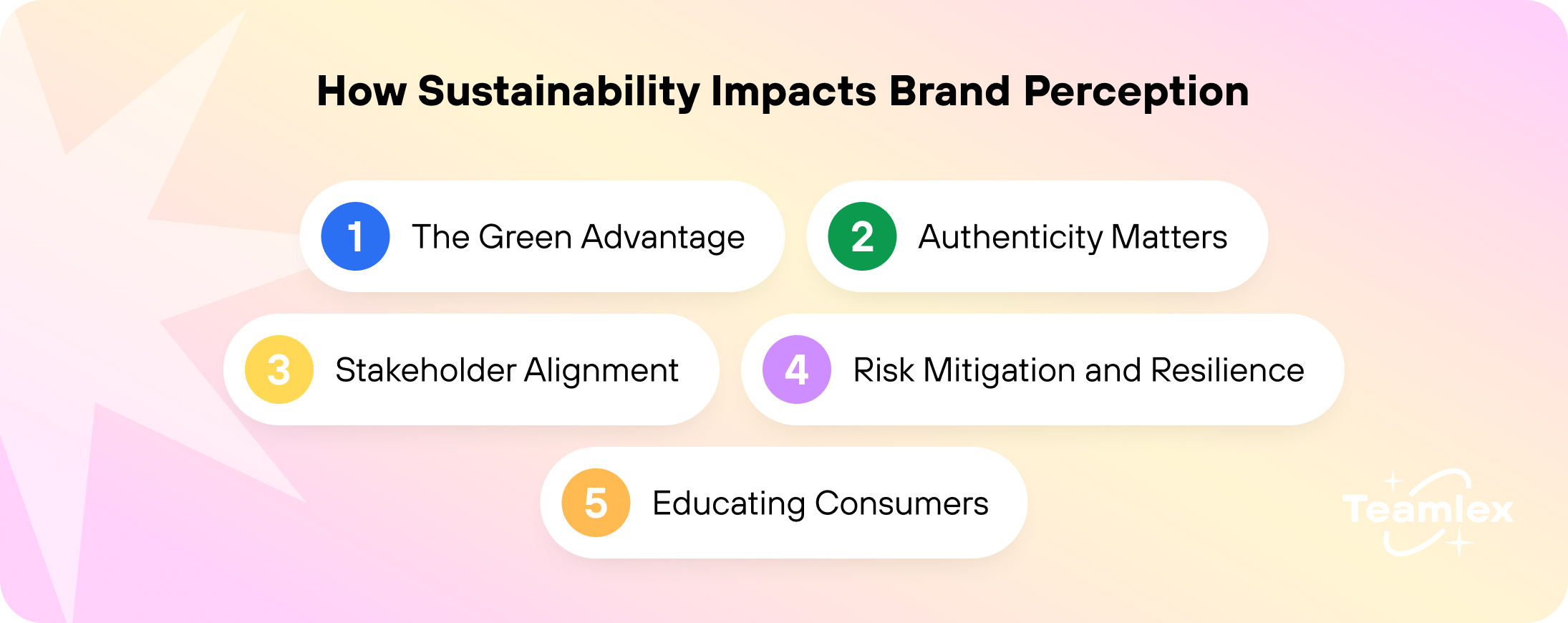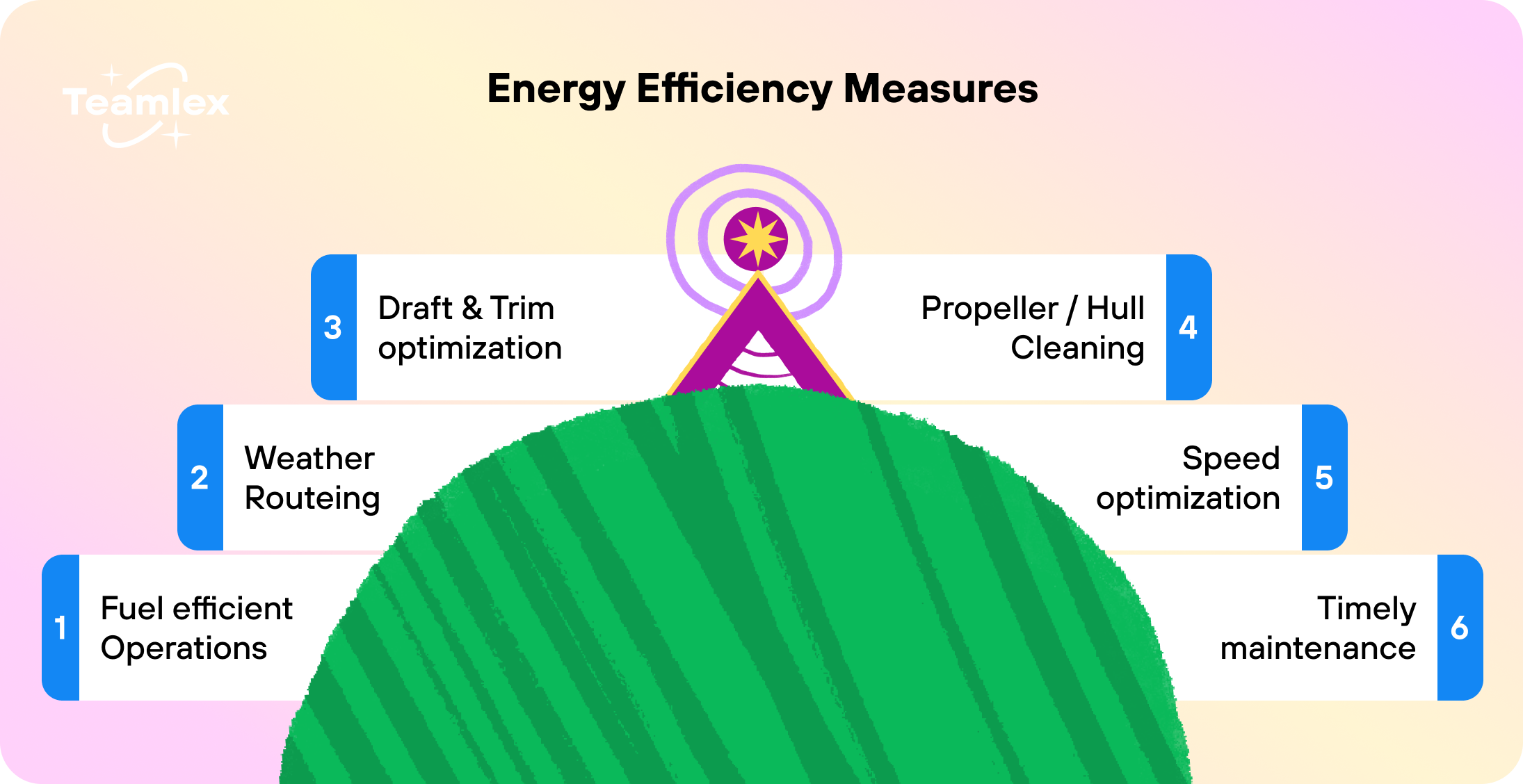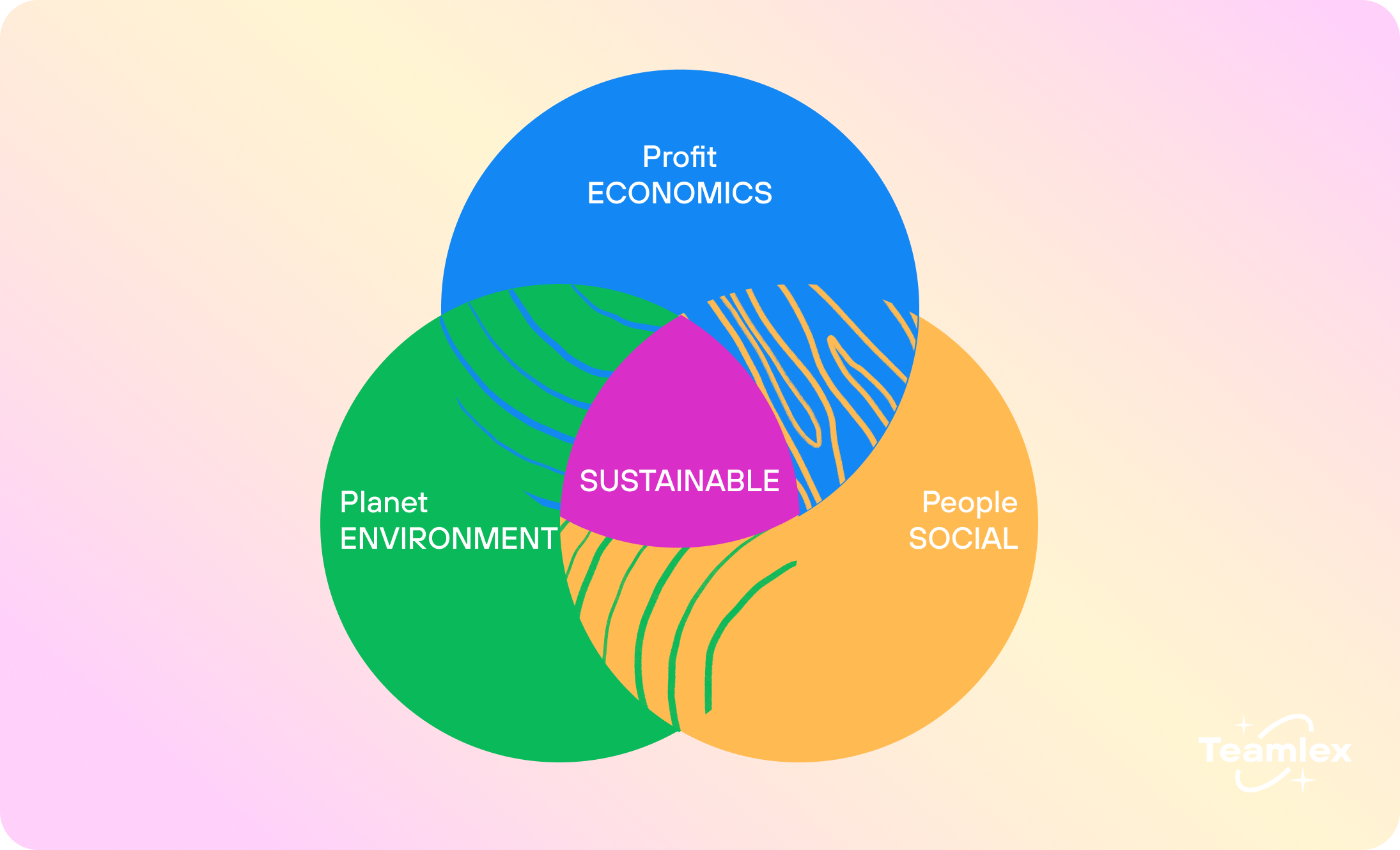As the climate crisis becomes increasingly urgent, the importance of sustainable business practices has come sharply into focus. Companies worldwide are rethinking traditional methods to create positive social and environmental impacts. This shift towards sustainability isn’t just about corporate responsibility—it’s a movement that affects consumer choice, global regulations, and the bottom line. Let’s explore why the shift towards sustainability is essential and the steps businesses are taking to make a difference.
Why sustainable business practices matter
The need for sustainability has never been clearer. Here’s why companies are adopting eco-friendly and socially responsible practices:
- Consumer demand for responsibility
Today’s consumers want to support brands that care about more than just profit. They value transparency, environmental stewardship, and ethical behavior.
- Long-term financial benefits
Sustainable practices, like energy conservation and waste reduction, often lead to significant cost savings. Green investments might require upfront costs, but they typically result in lower operating expenses.
- Regulatory requirements
Governments worldwide are introducing stricter environmental and social regulations. By aligning with sustainable practices, businesses can stay compliant and avoid costly fines.
- Impact on brand reputation
Sustainability isn’t just good for the environment—it’s good for business. Companies known for their commitment to the planet and people build stronger customer loyalty.
- Attracting top talent
Many employees, especially younger generations, prefer to work for companies that prioritize sustainability. This commitment helps businesses attract and retain skilled professionals.

Key areas of sustainable practices
To understand the shift, let’s break down the main areas where businesses are making sustainable changes.
1. Eco-friendly product design
Products today are designed with sustainability in mind, from biodegradable packaging to recyclable materials. Companies are focusing on:
- Using eco-friendly materials
From recycled plastics to organic fibers, sustainable materials reduce resource consumption and waste.
- Creating durable, long-lasting products
Making products that last longer helps reduce landfill waste and promotes a circular economy.
- Designing for reuse and recyclability
By designing products with end-of-life use in mind, businesses encourage responsible disposal and recycling.
2. Sustainable supply chains
Supply chains have a significant environmental impact. Businesses are making changes to ensure their supply chains are ethical and eco-friendly:
- Choosing responsible suppliers
Businesses are partnering with suppliers that share their sustainability values and have eco-friendly practices.
- Reducing transportation emissions
Companies are optimizing routes, using fuel-efficient vehicles, and investing in electric or hybrid fleets to cut carbon emissions.
- Fair labor practices
Ethical labor practices are a key component of a sustainable supply chain. Ensuring fair wages, safe working conditions, and zero tolerance for exploitation supports both social and environmental goals.
3. Energy-efficient operations
Energy efficiency is a crucial part of sustainable business practices. Some popular approaches include:

- Switching to renewable energy
Solar, wind, and hydroelectric power are popular choices for companies looking to reduce their carbon footprint.
- Optimizing energy use
Energy-efficient lighting, heating, and cooling systems reduce energy waste and lower operating costs.
- Reducing waste
Companies are adopting waste-reduction strategies, from paperless operations to composting food waste.
{{resource}}
How sustainability impacts business success
While the upfront costs of going green can be high, many companies find that sustainable practices improve their profitability and longevity. Here’s how:
- Cost savings from efficiency
Sustainable practices like conserving energy and reducing waste lower operating costs. These savings compound over time, offering significant financial benefits.
- Access to funding and grants
Many governments and organizations offer grants or incentives for companies committed to sustainable practices. These resources help offset costs and reward businesses for their efforts.
- Increased customer loyalty
Today’s customers care about the values behind the brands they support. Companies that prioritize sustainability attract loyal customers willing to pay more for responsibly made products.
- Lower regulatory risks
Compliance with environmental regulations reduces the risk of fines and costly legal issues. Companies ahead of the curve are better prepared for any future regulations.
- Enhanced resilience
Sustainable practices often increase a company’s resilience to supply chain disruptions, fluctuating resource prices, and environmental challenges.
{{cta}}
Steps businesses can take to become more sustainable
For companies looking to start their sustainability journey, here are practical steps to consider:
- Set clear, achievable goals
Establish sustainability goals that align with your business objectives. Clear targets make it easier to measure progress and celebrate small wins.
- Engage employees in the mission
Sustainable practices are more effective when everyone is on board. Educate and involve employees at all levels to create a company-wide commitment to sustainability.
- Prioritize eco-friendly suppliers
Partner with suppliers who share your sustainability values. Look for certifications that verify responsible sourcing and eco-friendly practices.
- Reduce resource consumption
Simple changes, like using energy-efficient appliances, reducing water usage, and minimizing paper waste, can make a big difference.
- Invest in renewable energy
If feasible, consider switching to renewable energy sources. Installing solar panels, for example, can help lower energy costs and reduce carbon emissions.
- Embrace the circular economy
Find ways to reuse materials or products and encourage customers to recycle or return items. A circular economy model can reduce waste and support sustainability.

Examples of companies leading in sustainability
Let’s look at a few companies setting powerful examples in sustainable business practices:
- Patagonia
Known for its commitment to environmental responsibility, Patagonia encourages consumers to buy less and offers repair services to extend the life of its products.
- IKEA
IKEA has invested heavily in renewable energy and is working towards using only sustainable materials in its products.
- Unilever
Unilever’s Sustainable Living Plan aims to reduce environmental impact and improve social well-being. The company focuses on water conservation, reducing plastic waste, and sourcing responsibly.
- Tesla
Tesla’s focus on electric vehicles has made a substantial impact on reducing carbon emissions in the automotive industry.
- Ben & Jerry’s
The ice cream brand is committed to fair trade, non-GMO ingredients, and climate advocacy, showing that even small companies can lead on sustainability.
The future of sustainable business practices
As sustainability becomes a priority, more companies are likely to adopt eco-friendly initiatives. Advances in technology, like carbon capture and renewable energy sources, will continue to make sustainable practices more accessible. Customers will increasingly support businesses that act responsibly, and those that lag behind may find themselves at a competitive disadvantage.
The shift towards sustainability isn’t just a trend—it’s the future of business. Companies that prioritize ethical, eco-friendly practices can look forward to lasting success, brand loyalty, and resilience in a rapidly changing world. For businesses yet to embrace this change, now is the time to make a commitment. Sustainable practices aren’t just good for the planet; they’re essential for growth, customer trust, and long-term profitability.






















7